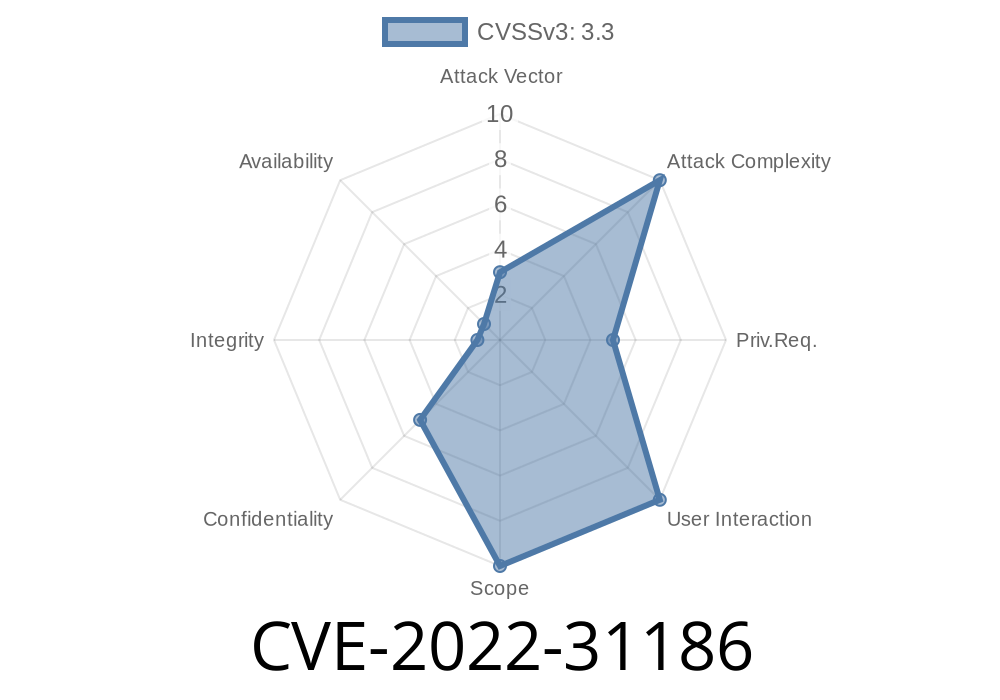This can be done by setting the logger option to an object that has `cleanup` and `logLevel` properties. Doing so will sanitize the logs before they are sent to the console or sent to a remote attacker. For example: nextAuth: { logger: { cleanup: true, logLevel: 'warning' } } In addition, we have patched the issue in `v4.10.2` and `v3.29.9` by moving the logging of the provider to the `debug` level to prevent the attacker from accessing the information in the log. In case you cannot upgrade to the patched version, you can use the `logger` option to sanitize the logs as described in the previous section.
Disable SSL where possible
Unencrypted communications allow attackers to sniff and intercept traffic without a key/certificate. This is mitigated by using TLS, which encrypts the traffic in transit. However, it's important to note that SSL is not required for Node.js to function. For example, if you only use plain HTTP or HTTPS (no SSL), an attacker can still sniff and intercept your data in transit. Therefore, it's recommended that you disable SSL where possible and use TLS instead.
Timeline
Published on: 08/01/2022 20:15:00 UTC
Last modified on: 08/09/2022 18:37:00 UTC
